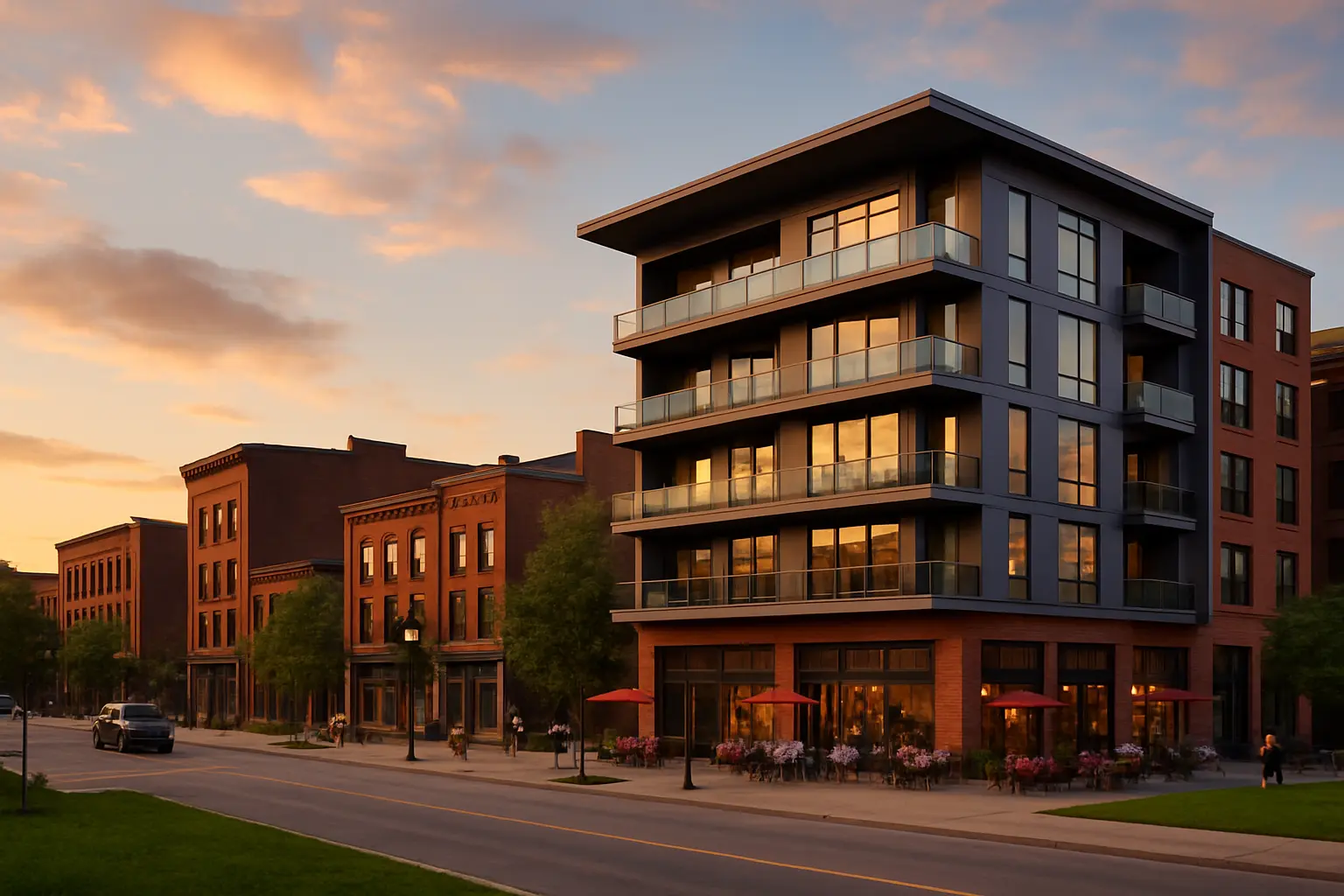Louisville's Hidden Real Estate Gems: Where Commercial Meets Residential Success
Discover the unique investment opportunities in Louisville's evolving mixed-use neighborhoods that are reshaping the city's real estate landscape.

The Rise of Mixed-Use Developments in Louisville
Louisville's real estate landscape is undergoing a remarkable transformation as mixed-use developments emerge as the cornerstone of urban growth. These innovative spaces are revolutionizing how residents live, work, and play, creating vibrant community hubs that seamlessly blend commercial and residential elements.
The Evolution of Urban Spaces
From the historic Whiskey Row to the emerging NuLu district, Louisville's mixed-use developments are breathing new life into previously underutilized areas. These developments offer a perfect harmony of retail spaces, offices, and residential units, catering to the modern lifestyle demands of both young professionals and families.
Strategic Investment Opportunities
Louisville's diverse neighborhoods present unique investment opportunities for savvy real estate investors. Key areas showing exceptional promise include:
- Butchertown: Home to the new soccer stadium district, offering premium mixed-use development opportunities
- East Market District: A thriving arts and culture hub with growing commercial and residential demand
- The Highlands: Traditional neighborhood embracing modern mixed-use concepts while maintaining its historic charm
Prime Location Analysis
The most successful mixed-use developments share common characteristics:
- Proximity to public transportation
- Walking distance to essential amenities
- Access to green spaces and recreational facilities
- Strong community engagement opportunities
Market Analysis and Growth Trends
Current market indicators show robust growth potential in Louisville's mixed-use sector. Property values in mixed-use zones have demonstrated consistent appreciation, outperforming traditional single-use properties by an average of 15%.
The convergence of commercial and residential spaces in Louisville is not just a trend – it's a fundamental shift in how we approach urban development and community building.
Key Market Indicators
- Rising demand for walkable communities
- Increasing rental rates in mixed-use developments
- Strong commercial tenant retention rates
- Growing interest from national retailers and businesses
Smart Investment Strategies
Success in Louisville's mixed-use market requires a well-planned approach. Consider these expert recommendations:
Investment Best Practices
- Due Diligence: Research zoning laws and future development plans
- Diversification: Balance commercial and residential components
- Community Focus: Engage with local stakeholders and understand neighborhood needs
- Long-term Vision: Plan for sustainable growth and adaptability
Investors should focus on properties that offer flexibility in use and potential for value appreciation. Understanding local market dynamics and maintaining strong relationships with property management teams are crucial for long-term success.
Risk Management
Successful mixed-use investment requires careful consideration of:
- Market timing and entry points
- Tenant mix optimization
- Property maintenance and upgrades
- Economic cycle impacts
Louisville's mixed-use real estate market presents a compelling opportunity for investors who understand its unique dynamics. By focusing on strategic locations, maintaining a balanced approach, and implementing smart investment strategies, investors can capitalize on the city's growing demand for integrated living and working spaces.


